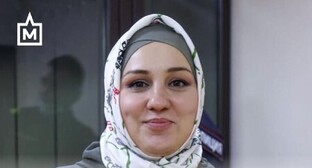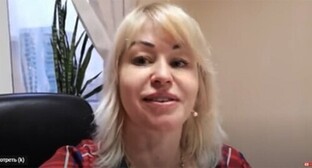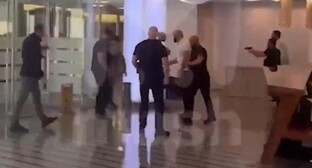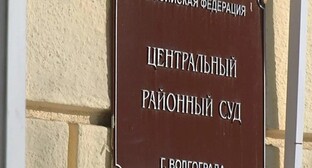01 December 2009, 22:30
Participants of the forum "Caucasus: Tradition and Modernization" discuss issues of interethnic dialogue in mass media
Workers of mass media, authorities and the public took part in the section "Inter-Confessional and Interethnic Dialogue in Media Space" of the forum "Caucasus: Tradition and Modernization", held on November 30, 2009, in Nalchik.
At the forum, debates were held on six topics: youth policy, education, non-commercial organizations and municipal formations, business, family and public health, and inter-confessional and interethnic dialogue in the media space.
While opening the forum, Maxim Shevchenko, one of his organizers, journalist of Channel One and a member of the Public Chamber of the Russian Federation, restricted the agenda to answers to three questions: What do we want to do? What prevents us to do it? How to achieve the desired result?
The work of the section "Inter-Confessional and Interethnic Dialogue in Media Space", which was moderated by Alexei Malashenko, a well-known Islam scientist, professor of the Moscow Carnegie Centre, and Maxim Shevchenko, started with the presentation of Khanzhan Kurbanov, editor-in-chief of the newspaper "Nastoyaschee Vremya" (Present Time) (Republic of Dagestan). He noted that for the first time he drove by car from Makhachkala to Nalchik and saw not a single place on the way, where one could make abdest and namaz. On this way, he also faced "aggression and deep distrust of Caucasians to Caucasians." Kurbanov also noted that the task of journalists is to inform the public, and "we should not demand too much from them."
Dzhambulat Umarov, adviser of the chairman of the parliament of the Chechen Republic, said that one of the reasons why people go to the forest is the "absence of counter-propaganda." He believes that mass media should give more attention "to what unites people."
Marina Chernyshova, a correspondent of the ITAR-TASS and a member of the Social-Advisory Council at the President of Kabardino-Balkaria, noted, in her characterization of the republic's media space, that is was narrow, paper circulations were low, same as the quality of the media product.
Vladimir Mamontov, president of the newspaper "Izvestia", while supporting Dzhambulat Umarov, noted that a journalist writing on religious topics should have basic knowledge. "Often bright, but not deep people are engaged in journalism," he said and suggested holding seminars for journalists.
Timur Aliev, adviser of the President of the Chechen Republic and a journalist, believes that training seminars are required "not so much to local journalists, but sooner to visitors from Moscow." Mr Aliev offered to unite the Caucasian region, "having opposed over-national education to national religious extremism." "In the media space it could be launching the radio "Kavkaz", where acute problems could be discussed with participation of experts," he noted.
Orkhan Dzhemal, correspondent of the magazine "Russian Newsweek", believes that media capabilities in solving the issues are strongly limited. In his opinion, all interethnic conflicts are based on territorial disputes, in which the Law "On Rehabilitation of Repressed Nations" was the detonator.
Naima Neflyasheva, a senior employee of the Centre of Civilization and Regional Studies of the Russian Academy of Sciences, noted that "it should be recognized that Salafites are an objective reality." "Those who are not terrorists should be involved into the sphere of inter-confessional dialogue," she said.
The work of the section was summed up by Kaloy Akhilgov, head of the press service of the President of Ingushetia, and Gregory Shvedov, editor-in-chief of the Internet medium "Caucasian Knot". The latter noted, in particular, that the success of the section was in listening to various viewpoints. He agreed with Alexei Malashenko that acute issues should not be bypassed, otherwise it would be "blocking of information."
In Mr Shvedov's opinion, the way out is not in imposing of some model by the state but in manifesting people's civil stand. "Much of what was said here is already published by the 'Caucasian Knot'. Whether you want to continue this discussion is up to you, not the editorial board," he has added.
Author: Luiza Orazaeva Source: CK correspondent




